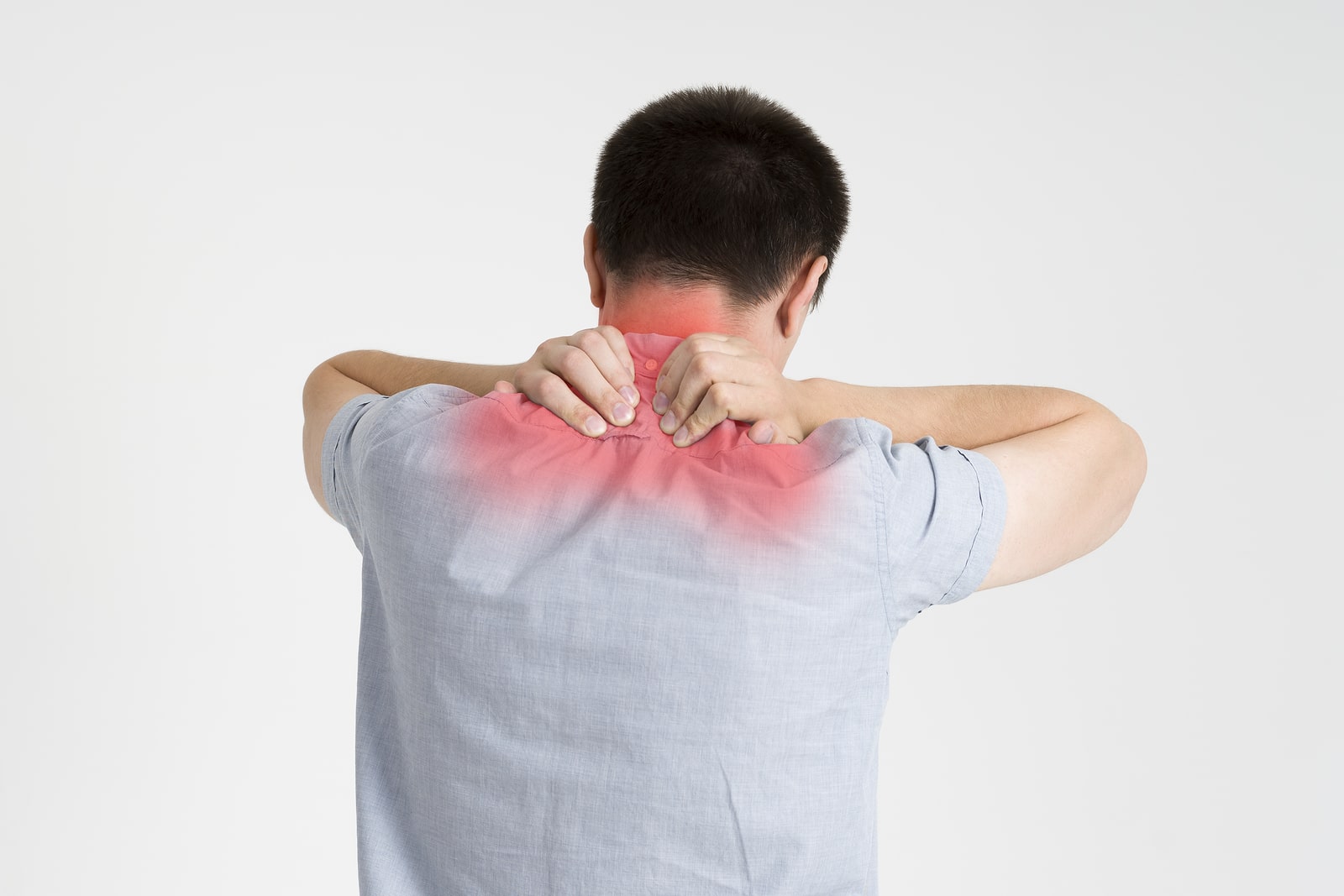Muscle pain and spasms can become common issues, often leading to the use of prescription muscle relaxers. However, natural alternatives can offer relief without the side effects associated with medication. This article explores various natural muscle relaxers, providing options for elderly individuals seeking effective and safe ways to manage their discomfort. If you prefer a more convenient option, you can Buy muscle relaxants online, ensuring you have access to the relief you need without leaving the comfort of your home.
Understanding Muscle Pain and Spasms
Muscle pain and spasms can result from various factors, including overuse, stress, dehydration, and underlying health conditions. For elderly people, these issues are often related to age-related changes in the body, such as decreased muscle mass and flexibility. While prescription medications can be effective, they may come with side effects like drowsiness, dizziness, and dependency. Understanding the root causes of muscle pain and exploring natural alternatives can provide a holistic approach to managing these symptoms.
Natural muscle relaxers can be a viable option for those looking to avoid prescription medications. These alternatives often work by reducing inflammation, improving circulation, and promoting relaxation. Additionally, natural remedies can be used in conjunction with other treatments, such as physical therapy and exercise, to enhance their effectiveness and provide comprehensive relief.
Herbal Remedies for Muscle Relaxation
Herbal remedies have been used for centuries to treat various ailments, including muscle pain and spasms. Some of the most effective herbs for muscle relaxation include:
Valerian Root
Valerian root is well-known for its calming properties and is often used to promote sleep and reduce anxiety. It can also help relax muscles and alleviate pain. Valerian root works by increasing the levels of gamma-aminobutyric acid (GABA) in the brain, which helps to calm nervous activity and reduce muscle tension. It can be taken as a tea, tincture, or supplement.
Chamomile
Chamomile is another herb with muscle-relaxing properties. It contains flavonoids that have anti-inflammatory and antispasmodic effects, making it an excellent choice for easing muscle pain and spasms. Chamomile can be consumed as a tea or applied topically as an essential oil mixed with a carrier oil for a soothing massage.
Dietary Supplements for Muscle Health
Certain dietary supplements can support muscle health and reduce the occurrence of spasms. These supplements can be a safe and natural way to enhance muscle relaxation and overall well-being.
Magnesium
Magnesium is an essential mineral that plays a crucial role in muscle function and relaxation. It helps regulate muscle contractions and can prevent cramps and spasms. Many elderly individuals are deficient in magnesium, which can contribute to muscle pain. Increasing magnesium intake through diet or supplements can significantly improve muscle health. Foods rich in magnesium include leafy greens, nuts, seeds, and whole grains.
Turmeric
Turmeric contains curcumin, a compound with powerful anti-inflammatory properties. It can help reduce muscle pain and inflammation, making it a valuable natural muscle relaxer. Turmeric can be added to food, taken as a supplement, or consumed as a tea. Combining turmeric with black pepper enhances curcumin absorption, increasing its effectiveness.
Lifestyle Practices for Muscle Relaxation
In addition to herbal remedies and dietary supplements, certain lifestyle practices can promote muscle relaxation and reduce pain. These practices can be easily incorporated into daily routines and provide long-term benefits for muscle health.
Regular Exercise
Regular exercise is essential for maintaining muscle health and flexibility. Low-impact exercises such as walking, swimming, and yoga can help keep muscles strong and reduce the risk of spasms. Stretching exercises are particularly beneficial for improving flexibility and preventing muscle tightness. Exercise also promotes the release of endorphins, which are natural pain relievers that can help alleviate muscle discomfort.
Stress Management
Stress can contribute to muscle tension and spasms, so managing stress is crucial for muscle health. Techniques such as deep breathing, meditation, and progressive muscle relaxation can help reduce stress and promote muscle relaxation. Taking time to engage in hobbies and activities that bring joy can also have a positive impact on stress levels and overall well-being.
Conclusion
Natural muscle relaxers offer a safe and effective alternative to prescription medications for managing muscle pain and spasms. Herbal remedies like valerian root and chamomile, dietary supplements such as magnesium and turmeric, and lifestyle practices like regular exercise and stress management can all contribute to muscle relaxation and improved health. These natural options can provide relief without the potential side effects of prescription drugs.
